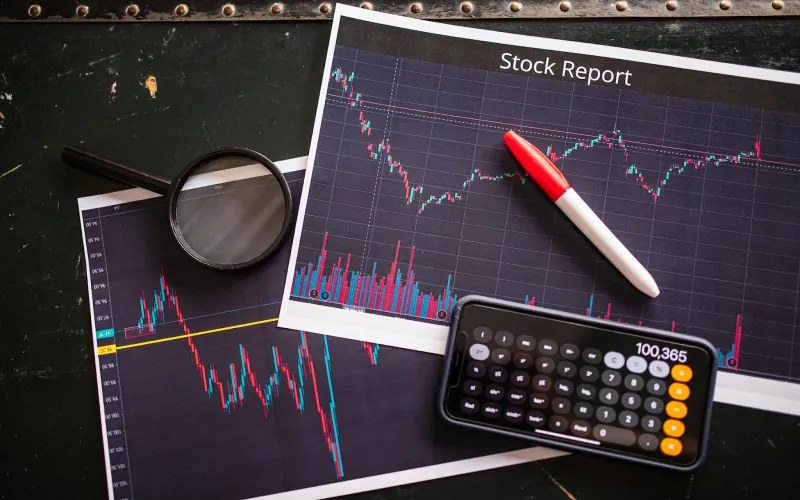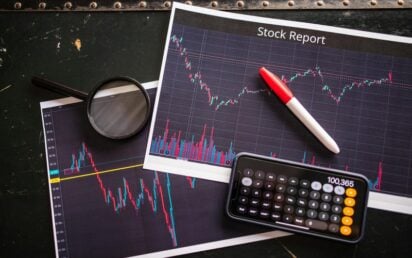When it comes to financial markets, effective risk management is paramount to traders who wish to maximise returns while insulating investments. Risk assessment really can foster informed decisions, balancing available profits while avoiding undesirable losses.
With constantly fluctuating situations in the virtual realm of trading, a chief skill that any trader must be competent in is calculating risks. Without this skill, the volatile nature of financial markets can lead to catastrophic financial losses. Adopting good risk management practices is essential to better confront these challenges. With strategies that balance likely returns and prudent limitations, traders can set themselves up better in the highly competitive market.
Understanding the basics of risk assessment
Online trading risk assessment is a process in which you identify likely risks and estimate their potential impact on your investment objectives. It begins with an education about market volatility—the power of prices to change sharply against your positions. That volatility makes it absolutely essential that you assess how much risk you can tolerate. Setting a specific risk threshold is absolutely essential; it is used to define the maximum permitted loss on a trade that you will tolerate. It helps to focus your decision-making process while remaining emotion-free.
Online trade establishments like OneRoyal offer fantastic tools and resource materials to equip traders with these skills. Traders often use tools like stop-loss orders to manage risks effectively. Stop-loss orders automatically close a trade once it hits a predetermined price level, thus capping losses that can be realised. Another foundational method of managing risk is diversification.
Diversifying investment holdings in a range of assets or markets will offset a poor performance in any given trade. It’s a concept behind a balanced portfolio. It’s also critical to update and alter your strategies at intervals against changes in market trends. Staying up to date with information regarding the market, economics and geopolitics that could influence asset prices helps you be better prepared and shift your strategies to remain aligned with your entire trading goal.
Adopting sound risk management practices
Effective risk management does not mean knowing about chances; it means executing strategies that safeguard your investments while generating optimal returns. An effective method is position sizing, the process of deciding how much capital to apply to each trade, considering how risky it is. By restricting the amount of investment made on highly risky trades, you insulate your portfolio against huge losses.
Another method is intelligently using leverage. Leverage allows you to trade large positions while needing fewer funds; however, losses get multiplied, too. Intelligent use of leverage ensures that if a trade goes against you, it does not drastically eliminate your capital. Traders should consider their leverage ratio and alter it depending on how much they can withstand and the current market conditions.
Furthermore, it is crucial to remain emotionally distant in decision-making while trading. Spur-of-the-moment decisions and higher risks tend to unfold due to emotional trading. A disciplined plan and sticking to it work to manage such instincts. The plan should contain points of entry and exits while trading, risks within limits and rules concerning changes in strategies owing to changing market forces.
Managing challenges with optimal methods
With constantly changing financial markets on the Internet, traders must remain flexible in managing risks. Ongoing learning is instrumental in honing your abilities and remaining a force to be reckoned with in this arena. Accessing learning material helps you keep abreast of current knowledge and strategies that can be used to trade efficiently.
Participating in community forums or workshops can further enhance one’s understanding of market trends and strategies applicable to successful traders. Interactions help provide valuable insights and allow individuals to learn about others’ experiences without going through trial-and-error methods personally.
Your ability to change strategies due to shifts in market trends supports your further stature as a competent trader. Regularly checking past trades to draw performance lessons aids in identifying patterns or repeating mistakes and helps you make better decisions about future trades.


